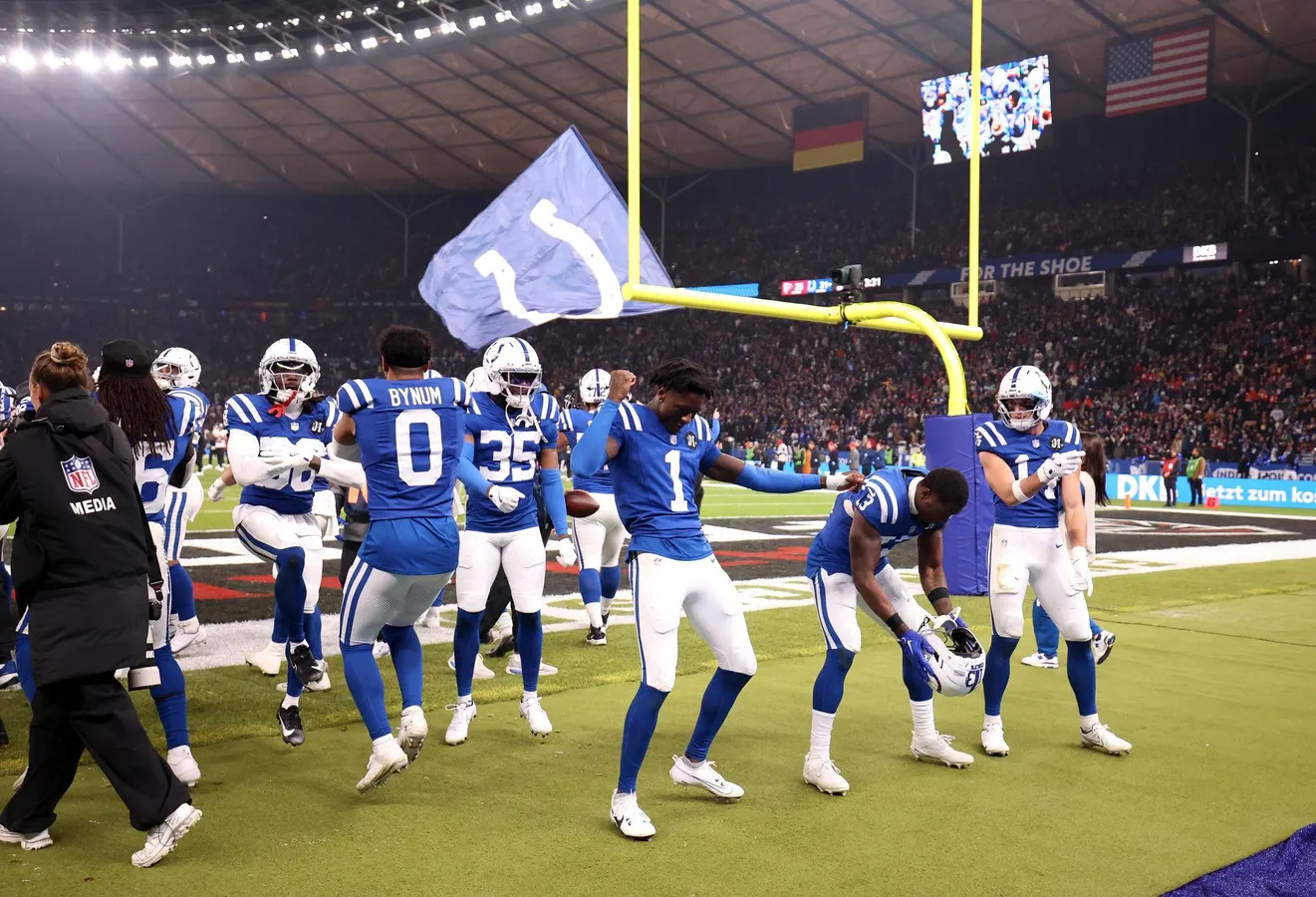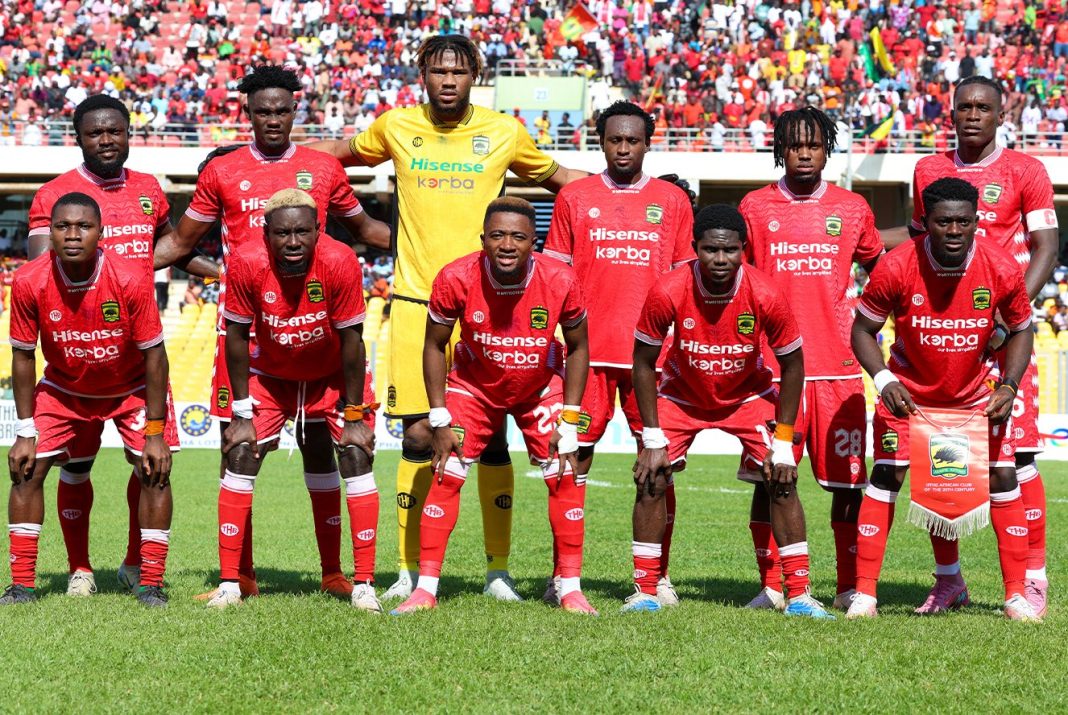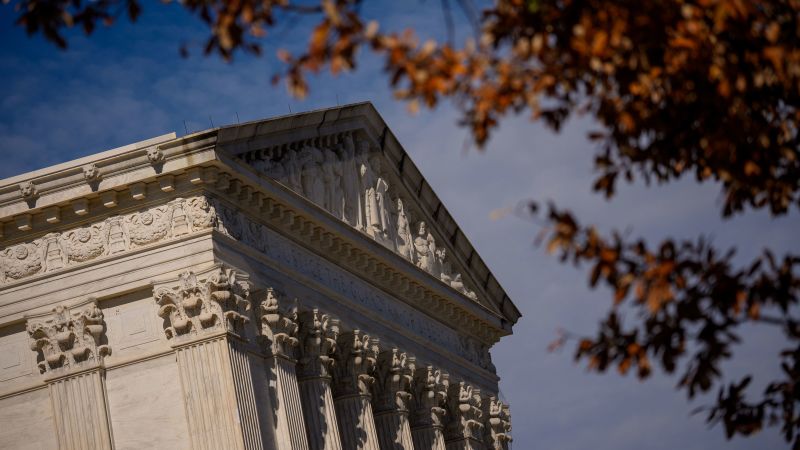Copyright Forbes

It was certainly a brilliant weekend for the Indianapolis Colts in Germany as they beat the Atlanta Falcons 31-25 in front of over 72,000 fans at the Berlin Olympiastadion. Ahead of the game, the Colts added Sauce Gardner in a blockbuster trade with the New York Jets just ahead of their trip to Germany. “The timing certainly was perfect and gives you some insight on how we feel about our organization,” Indianapolis Colts CCO Roger VanDerSnick said as part of a media roundtable ahead of the game when asked about the trade. VanDerSnick took questions from a few select journalists about the Colts’ Germany strategy and the National Football League's partnership with the Deutsche Fußball Liga (DFL), which governs the Bundesliga and 2. Bundesliga. That partnership has become a cornerstone for both entities as they are trying to grow in each other’s markets, and for the Colts, the trade for Gardner only increased the hype surrounding their presence in Berlin. After all, Indianapolis had already been off to a great start to the season, and the win on Sunday increased its record to 8-2. The growth strategy, however, goes way beyond just one game in Berlin. “We have been marketing for 18 months in Germany,” VanDerSnick said. “Our strategy goes way beyond this weekend. Overall, it is all part of a multifaceted plan.” What does that plan look like? “You have to be authentic, and you have to be committed to the market,” VanDerSnick said. Indeed, the NFL's presence in the German market goes way beyond just one game. All 11 teams with rights to Germany were on the ground in Berlin, setting up various touchpoints and experiences throughout the capital. MORE FOR YOU The concerted effort by all NFL teams to grow their brand abroad is certainly not lost on the Bundesliga either. Replicating it, however, is difficult. A recent attempt by LaLiga to take a regular-season game to Miami has ended in disaster, and whether the Serie A game in Australia will still go ahead remains to be seen. Not that playing abroad would ever be an option for the Bundesliga. With the exception of RB Leipzig, Wolfsburg, and Bayer Leverkusen, all clubs are controlled by their fans. And German fans are traditionalists to the core. Fan protests ended the league’s attempt to bring in an investor and led to the cancellation of the Monday games. Hence, moving a game, even the Franz-Beckenbauer Supercup, is almost unthinkable. Yet the Bundesliga still tries to learn from what the Indianapolis Colts and the other 10 NFL teams have done in Berlin over the course of the weekend. In fact, the Memorandum of Understanding signed between the two leagues in 2022 means the DFL is very much involved in events on the ground. So, with that in mind, what can the league learn from the likes of the Indianapolis Colts? “You have to be authentic, partner with the right folks, and understand the local humor,” VanDerSnick said. “You can’t buy your way into a market,” VanDerSnick added. Indeed, that was a message that VanDerSnick kept hammering home. In order to grow in a foreign market, a sports entity needs to be in it for the long haul. “If you want to be a part of it, and you want to be there in 15 years, and we think this can be very meaningful, because we have to grow and do the hard work while knowing we are not going to make a lot of money,” VanDerSnick said about the Colts’ commitment to Germany. “Let’s talk about the P&L. There is not going to be a lot of P but a bunch of L, and that’s how it is going to be for the next five to eight years.” Putting long-term success over short-term success, however, has always been the NFL’s biggest success. “The NFL didn’t get to this point right out of the gate,” VanDerSnick said. That’s true. For many decades, the NFL was overshadowed by college and then other major sports like baseball and basketball before it became the sport’s superpower it is today. There is a lesson in this for the Bundesliga and its clubs. To grow, the league will need to be consistent in its market visits. One recent example is Eintracht Frankfurt, which has visited Louisville for two years in a row. That is certainly a much smaller approach than the NFL games in Frankfurt, Munich, and Berlin, but it is consistent. The same can be said for Bayern Munich, which has been very consistent in visiting foreign markets every offseason. Bayern, in fact, is pushing other clubs to do more. And, in fairness, that is increasingly happening. For example, 2. Bundesliga club Darmstadt 98 is set to travel to the United States in March to play a friendly against USL Championship side San Antonio FC. That trip meets many of the criteria VanDerSnick suggested for growing your brand authentically abroad. Bring your own partners, cooperate with local partners, and be true to your own brand. It has a strategy that has certainly worked for the NFL, not just in Germany but also in the United Kingdom. But it now appears that Germany is increasingly the NFL’s preferred target market. For some outsiders, this might feel like an encroachment on the Bundesliga’s home territory. But the DFL bosses don’t see it that way; for them, it is an opportunity to learn and replicate some of the same growth strategies in the United States.



